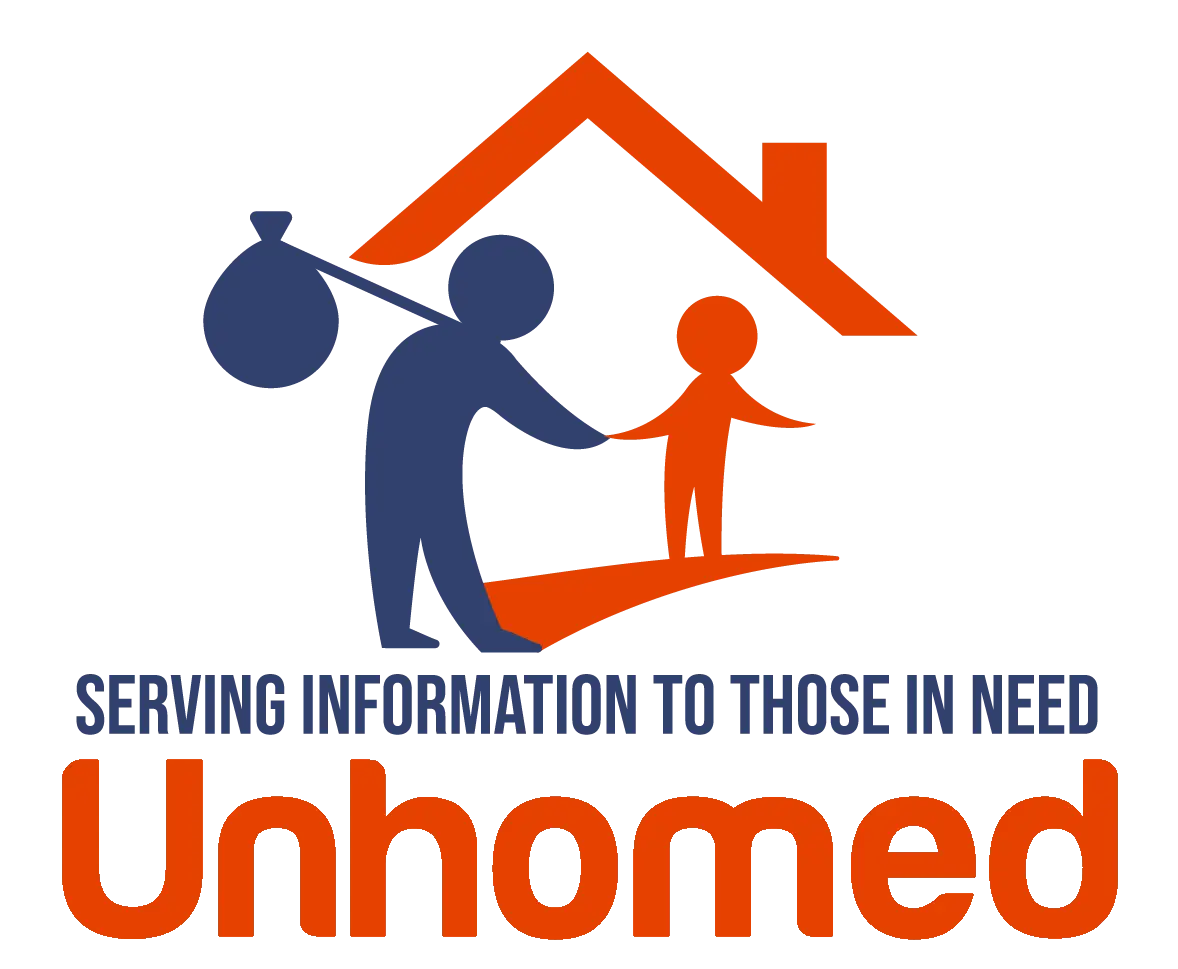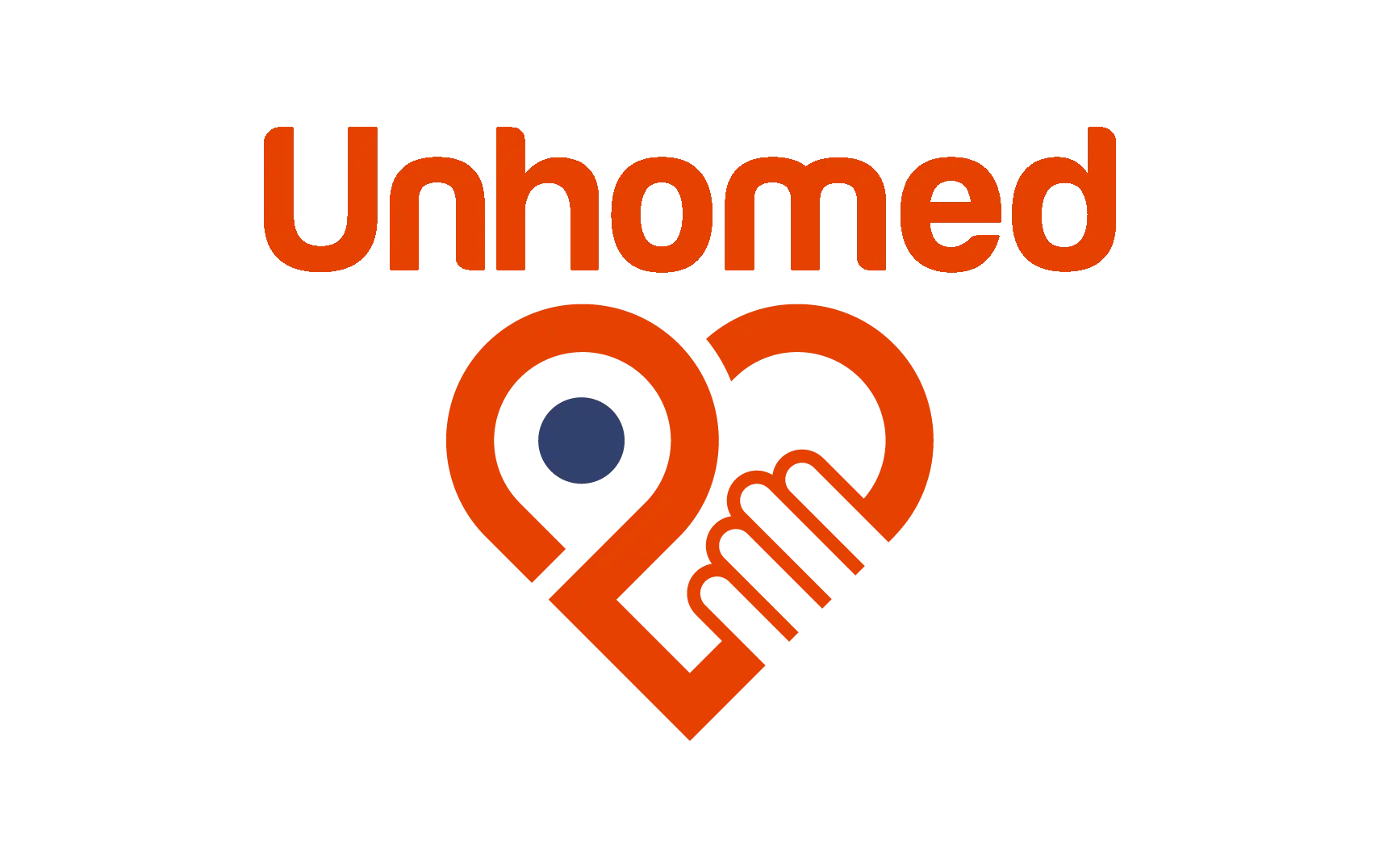Urban Homesteading
Description
Title: Urban Homesteading: Revitalizing Neighborhoods and Addressing Homelessness
Term: Urban Homesteading
Definition: A program that allows individuals to acquire ownership of abandoned or city-owned properties, often at low cost, with the condition that they rehabilitate and live in the homes for a certain period, contributing to neighborhood revitalization and addressing homelessness.
Description:
Urban Homesteading takes vacant, often dilapidated properties and converts them into viable living spaces, enabling individuals to invest in property ownership and become part and parcel of neighborhood revitalization. This approach is typically boosted by municipalities or government initiatives to reduce homelessness, promote community growth, increase tax revenue, and enhance neighborhood aesthetics. It's a concept rooted in urban sustainability, community improvement, and economic development, addressing numerous societal concerns in an affordable and practical manner.
Objectives:
- To repurpose abandoned or city-owned properties
- To foster community growth and neighborhood revitalization
- To reduce homelessness by providing affordable homeownership options
- To increase city tax revenue by putting properties to productive use
Mechanisms:
- Allocation of abandoned or city-owned properties to potential homesteaders at a low cost
- Implementation of policies that require homesteaders to rehabilitate and reside in the allocated properties
- Structuring of urban planning and development strategies that promote homesteading initiatives
- Support and cooperation from local municipal governments in project development
Benefits:
- Turns abandoned buildings into livable homes, reducing homelessness
- Improve neighborhoods' aesthetics and reducing public safety issues related to vacant properties
- Increases sense of community ownership and local pride
- Provides affordable housing solutions
Challenges:
- Homesteaders may face significant renovation costs and labor
- Issues with property titles and legalities can complicate process
- The requirement for homesteaders to live in properties may limit applicants
- Finances to maintain and repair buildings may be significant
Examples:
1. A successful Urban Homesteading program run by the City of Baltimore, USA, aimed at revitalizing struggling neighborhoods.
2. Detroit, Michigan, has employed Urban Homesteading to repurpose vacant houses and lots, contributing to the city's revitalization.
3. The Los Angeles Urban Homesteading program has turned numerous abandoned properties into appealing, affordable homes.
Further Reading:
- "Homesteading: Home Sweet City-Owned House" - https://reason.com/1981/08/01/homesteading-home-sweet-city-o/
- "Baltimore Puts Abandoned Homes Up for Sale" – https://www.rooflines.org/3356/baltimore_puts_abandoned_homes_up_for_sale/



